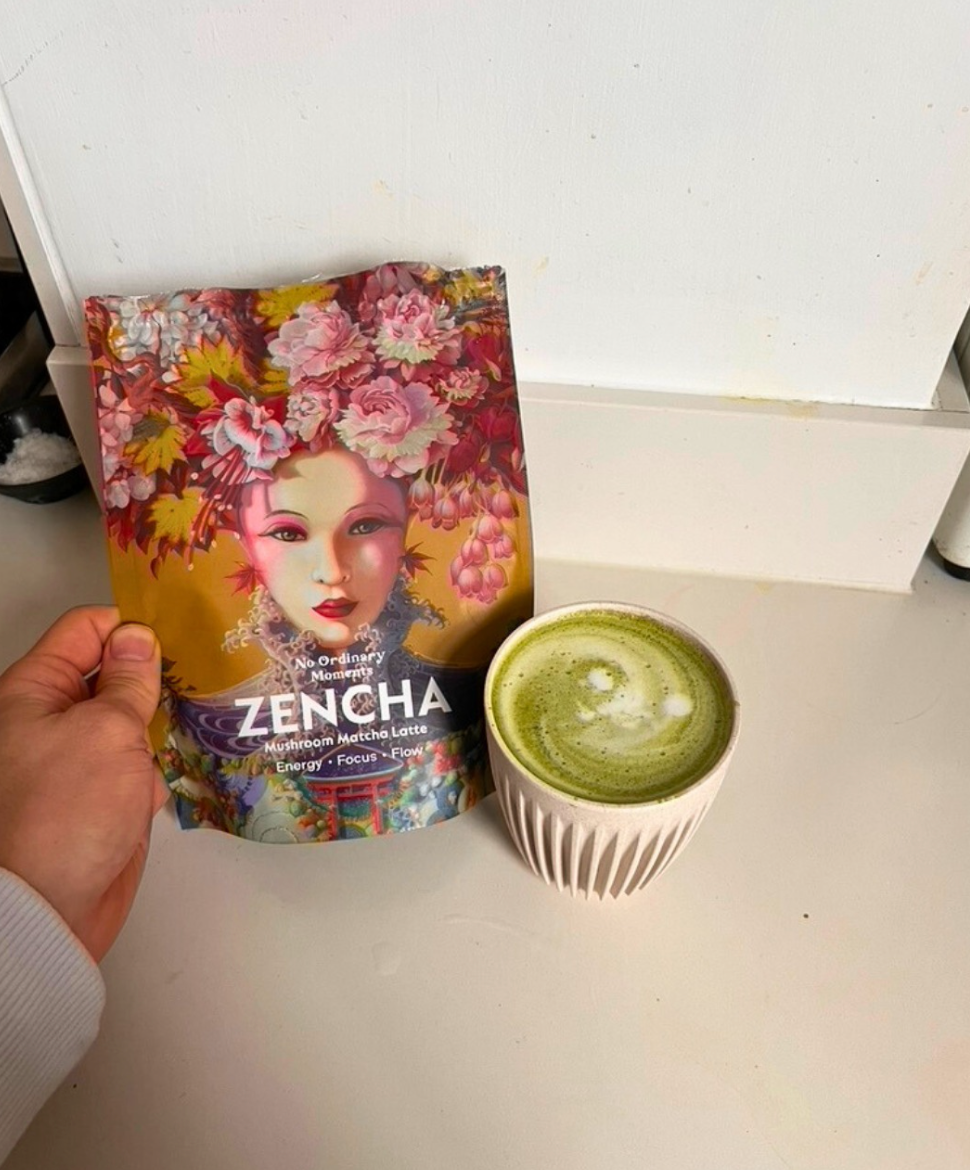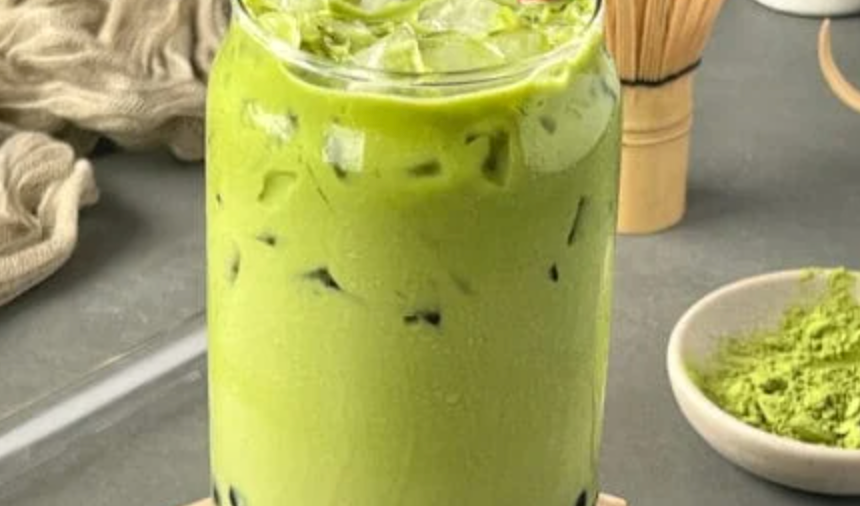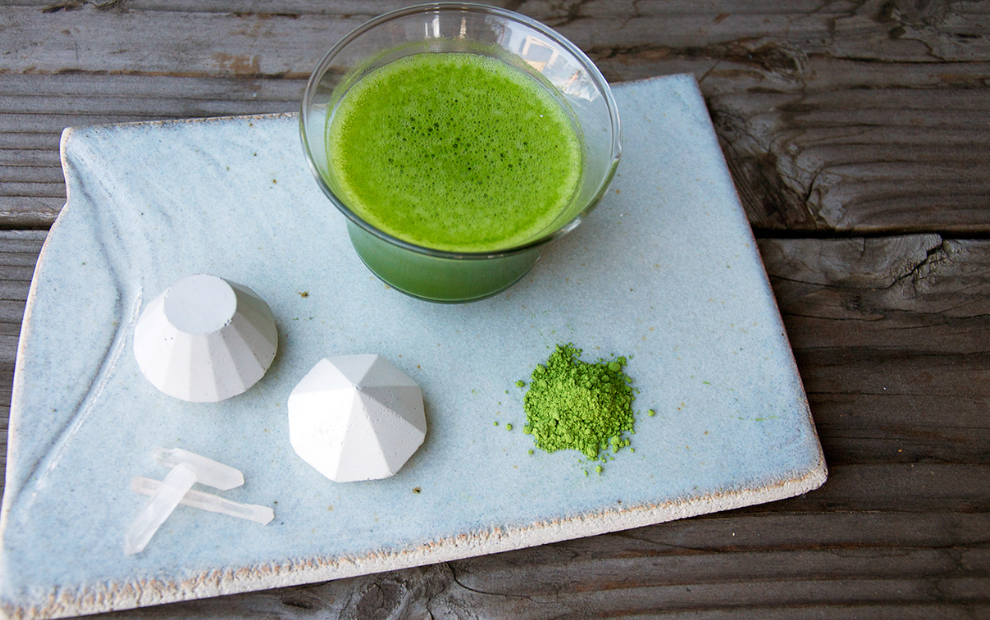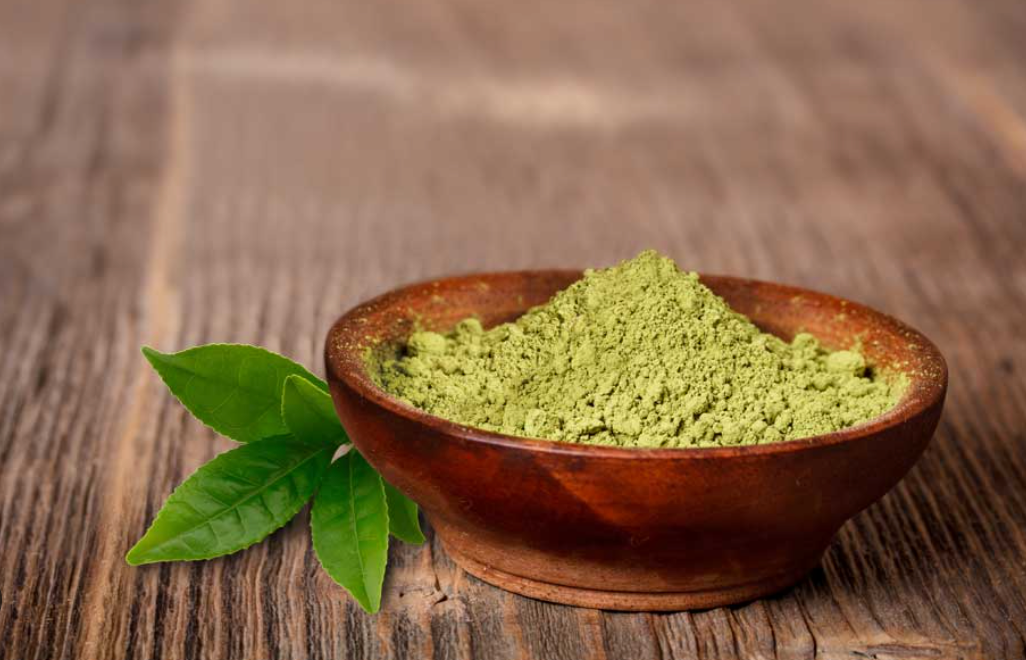
Read time: 4 min
It's a common question:
Can caffeine cause anxiety? The short answer is yes, but the long answer is a lot more complicated.
Let's break down what you need to know about how caffeine works, how it relates to anxiety, and whether or not you should cut back on your coffee habit if you're experiencing anxiety symptoms.
Yes, it's possible that caffeine may cause anxiety.

It's true that caffeine is a stimulant.
Some people believe that stimulants can cause anxiety in some people, and it's probably worth investigating whether you're susceptible to this effect before indulging too heavily in coffee or energy drinks.
Here are some tips on how to reduce caffeine-induced anxiety:
- Limit your intake of caffeinated beverages. If coffee has been a daily habit for years, it might be hard to quit cold turkey—and we don't recommend doing so. There are some great alternative decaf options out on the market. But if your caffeine intake has recently increased or changed drastically (say from two cups of tea per day to six), then try slowly cutting back on how much coffee or tea you drink until your symptoms subside. This may take months, but with patience and persistence, it'll be worth the effort!
- Choose low-caffeine options when possible. We have a decaf superfood coffee called Moksha that was specifically desinged to solve this problem.
Caffeine and anxiety: what do I need to know?
Caffeine is a stimulant, not a depressant. According to the Mayo Clinic, caffeine has been shown to improve mood, reduce fatigue and enhance alertness in studies on people with depression.
However, it's important to note that these benefits do not mean that caffeine should be used as an alternative treatment for anxiety or other mental disorders (or any kind of disorder).
Similarly, just because you've heard friends say they felt more anxious after drinking coffee doesn't mean this is true for everyone who drinks it: there are too many variables at play—from genetics to stress levels—to conclude that all people will experience similar reactions under similar circumstances
While caffeine may be a contributing factor, it's worth noting that there are many other factors that can cause anxiety. Factors like diet and exercise, sleep quality, stress levels and even genetic predisposition can all contribute to your level of anxiety. If you're experiencing a lot of caffeine in your daily routine (like most people), it may not be the only factor causing your anxiety but it could potentially act as a trigger for some people.
Caffeine is just one example of how certain substances can affect our bodies differently depending on our own personal biology. Certain drugs like alcohol or marijuana are known triggers for anxiety in many people but others might have no effect or even make someone feel less anxious! So while you should definitely talk with your doctor if you think your regular cup o' joe is making you feel worse than usual—or if this is something new and unexpected—it's important to remember that everyone reacts differently to different substances and situations!
It depends on the situation.
It depends on the person. If you're already in a good mood, caffeine may not have any effect on your anxiety levels. But if that's not the case, it can cause your mood to drop even further and make you feel more anxious than before. The amount of caffeine consumed and how it affects each person is different. Some people can tolerate large amounts of caffeinated beverages without experiencing side effects like anxiety or insomnia while others experience unpleasant effects after consuming small amounts (less than 250 milligrams).
There's also something called caffeine sensitivity—some people have an inherited sensitivity to caffeine that makes them more likely to feel anxious after drinking coffee or tea. This means they may experience negative symptoms even when consuming only 100 milligrams of caffeine (about half as much as most energy drinks contain), which puts them at risk for developing chronic health conditions associated with overconsumption like heart disease or high blood pressure if they consume too much regularly over time."
There is no definitive answer to this question.

The answer to this question depends on the individual. If a person has a low tolerance for caffeine and drinks a lot of coffee or other caffeinated beverages, he or she may experience anxiety after consuming caffeine. It's also possible that some people have an underlying condition that makes them more susceptible to experiencing anxiety from caffeine consumption. On the other hand, some people can consume large amounts of caffeine without feeling any negative effects whatsoever, like increased heart rate and blood pressure or jittery feelings—even though those symptoms are common in most people who drink coffee regularly.
The answer also depends on whether you're consuming caffeine in isolation (e.g., drinking coffee by itself) or if it's mixed with other ingredients such as sugar (which is often added to hot chocolate) or cream (which is often added to coffee). Some studies have found links between high levels of sugar consumption and increased risk factors for cardiovascular disease; others have linked high-sugar diets specifically with depression symptoms.
Conclusion
There is no definitive answer to this question, and your best bet is to talk to your doctor about how caffeine affects you personally. If you feel that it causes anxiety then try cutting back on your consumption or avoiding it altogether. If you have no problems with caffeine and are concerned about the effects of caffeine, then there is no need for concern - just enjoy the benefits!






